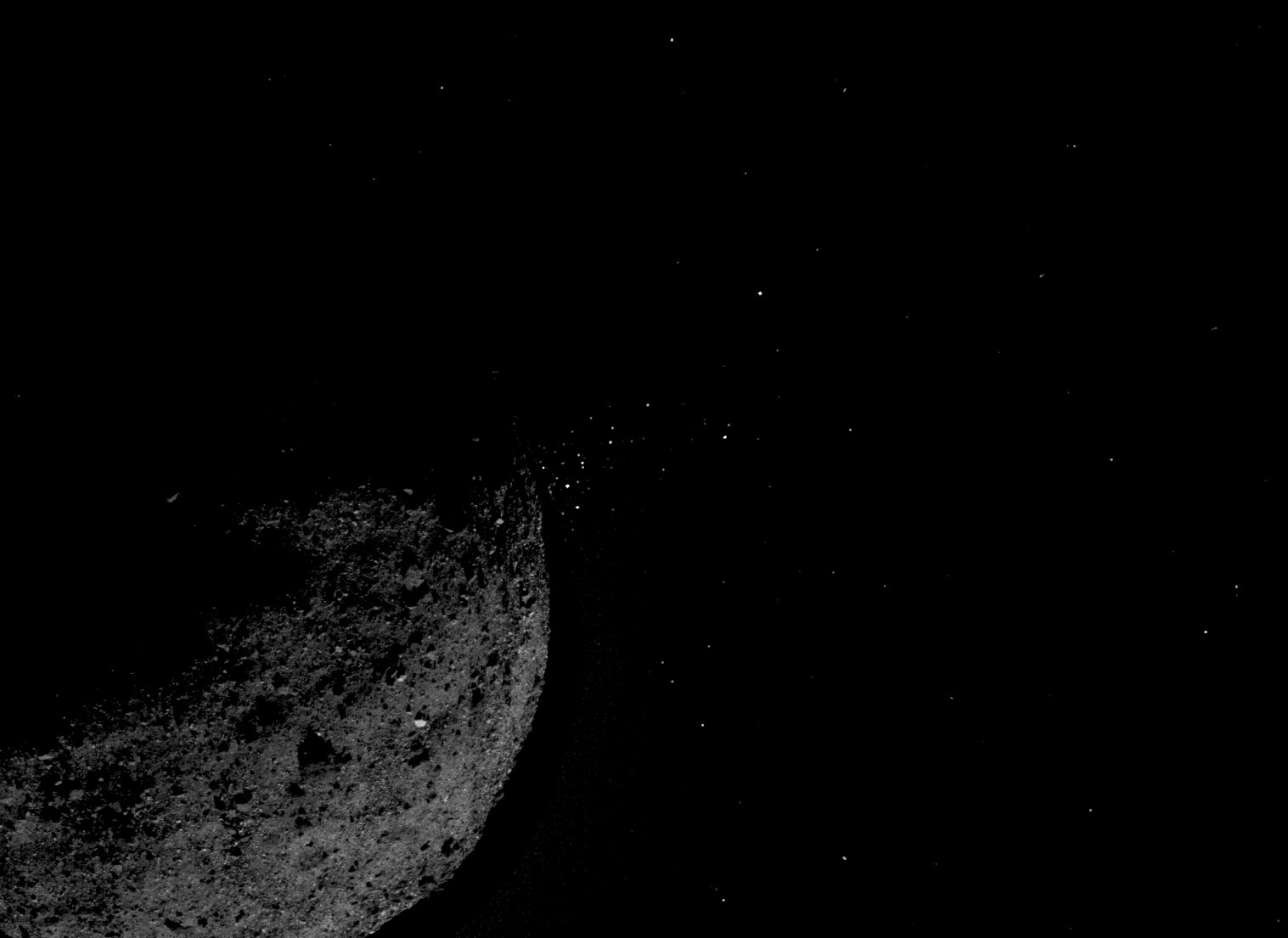Nasa probe that could reveal secrets of early Solar System returning to Earth after major scare
Approximately one kilogram of rock samples will be returning to Earth, scientists estimate

Your support helps us to tell the story
From reproductive rights to climate change to Big Tech, The Independent is on the ground when the story is developing. Whether it's investigating the financials of Elon Musk's pro-Trump PAC or producing our latest documentary, 'The A Word', which shines a light on the American women fighting for reproductive rights, we know how important it is to parse out the facts from the messaging.
At such a critical moment in US history, we need reporters on the ground. Your donation allows us to keep sending journalists to speak to both sides of the story.
The Independent is trusted by Americans across the entire political spectrum. And unlike many other quality news outlets, we choose not to lock Americans out of our reporting and analysis with paywalls. We believe quality journalism should be available to everyone, paid for by those who can afford it.
Your support makes all the difference.A Nasa probe sent to collect samples from an asteroid has had its technical difficulties resolved and is returning to Earth.
The Osiris-Rex craft landed on the asteroid Bennu, hundreds of millions of miles from Earth, and used its robotic arm to kick up a cloud of debris and collect rocks.
The probe collected such a large sample that one rock was wedged against the container door, and the samples fell out back into space through a mylar flap.
Nasa has since solved the issue, sealing the probe and setting its return to Earth.
The space agency sent commands to disconnect the two mechanical parts of the robotic arm; it first cut a tube that carried nitrogen gas, and then separated the collector head from the arm itself, Nasa said.
The spacecraft then closed the Sample Return Capsule and fastened its two internal latches.
“I’ve officially closed the Sample Return Capsule! The sample of Bennu is sealed inside and ready for our voyage back to Earth. The SRC will touch down in the Utah desert on 24 September, 2023. Thanks, everyone, for being a part of my journey”, an account set up for the craft tweeted.
"We are here to announce today that we've successfully completed that operation," said Rich Burns, the mission's project manager, during a press conference.
However, Nasa is unsure about how much material remains in the craft. Based on images of the robotic arm and the collector, the mission operators are confident they have at least 400 grams of material.
Since the photos only show 17 per cent of what the collector is carrying, according to The Verge, it is estimated that there are over a kilogram of asteroid sample heading back to Earth.
“Even though we have lost sample as a result of the mylar flap being wedged open, we are confident, I am confident, and this team is confident that we still have hundreds of grams of sample that we plan to bring back to the Earth,” Dante Lauretta, principal investigator of the Osiris Rex mission, said.
Osiris Rex landed on Bennu for just a few seconds, but is not expected to leave its vicinity until March.
It will return to Earth in September 2023, seven years after its launch in 2016.
It is the first US sample of pristine asteroid materials. Japan is the only other country to have accomplished such a feat.
Asteroids are among the leftover debris from the solar system’s formation over 4.5 billion years ago, and samples collected could reveal secrets about the origins of life on Earth.


Join our commenting forum
Join thought-provoking conversations, follow other Independent readers and see their replies
0Comments